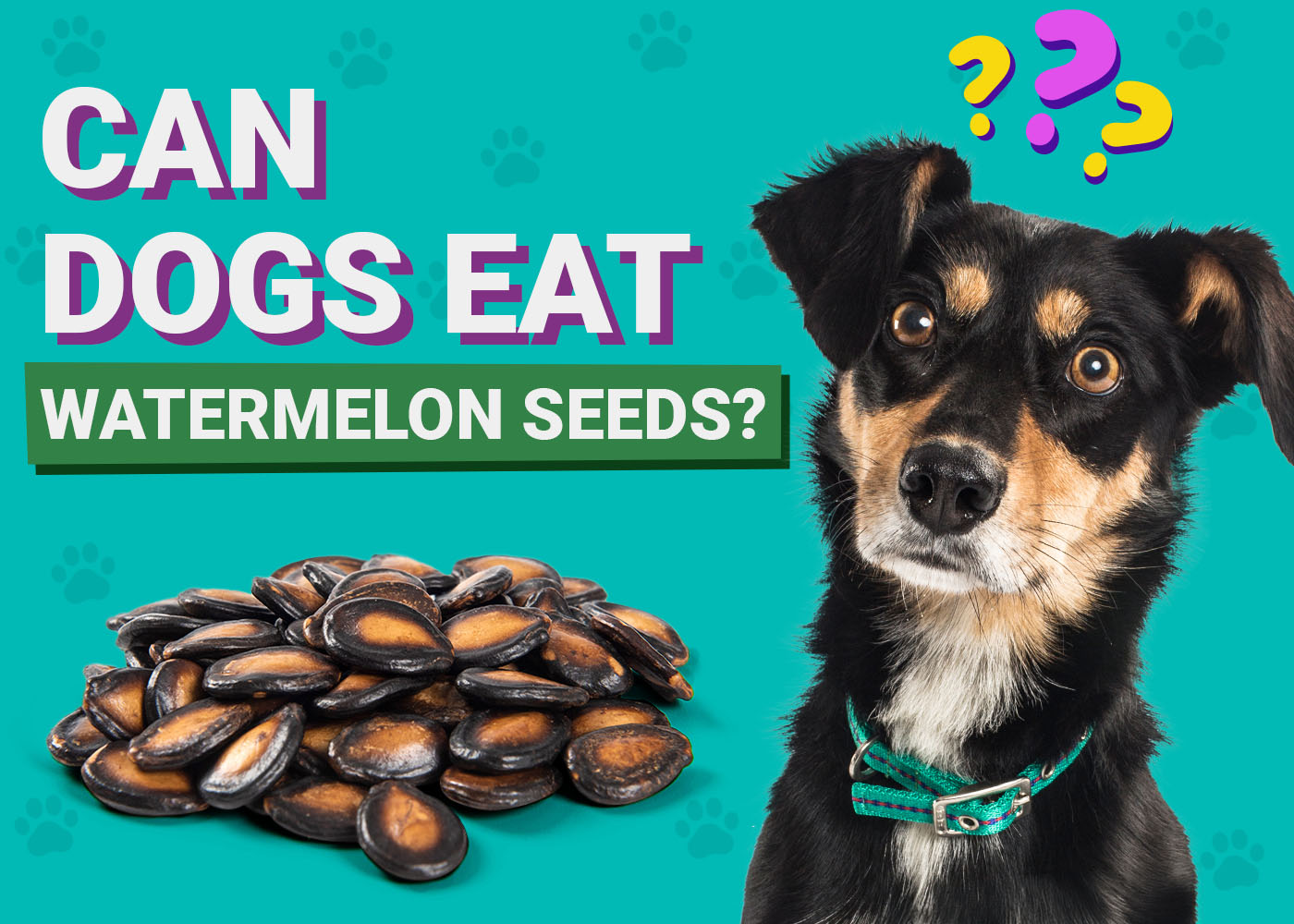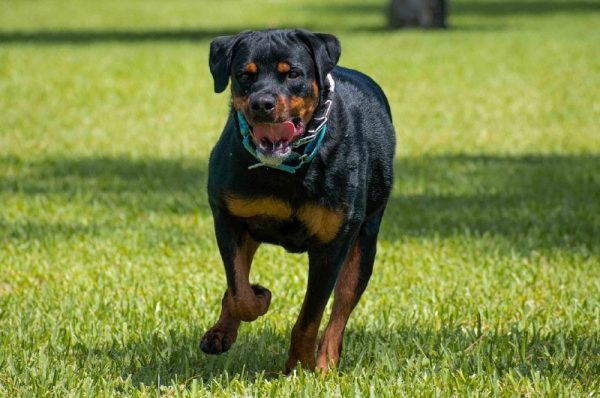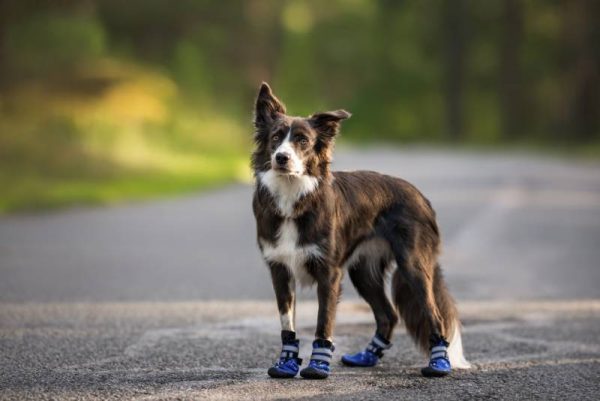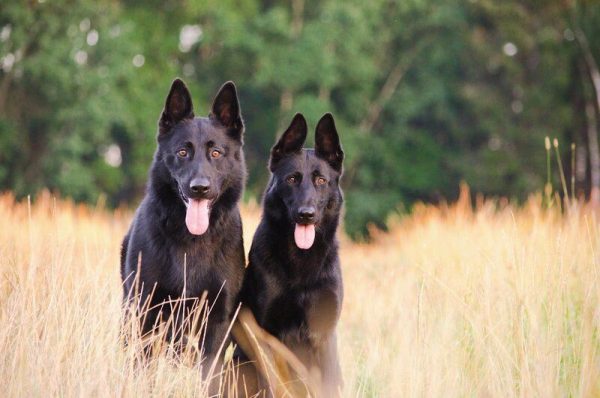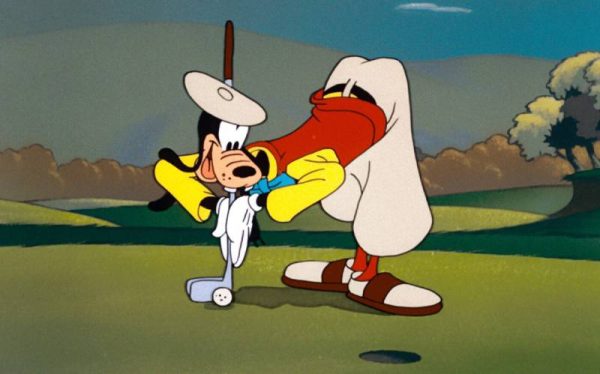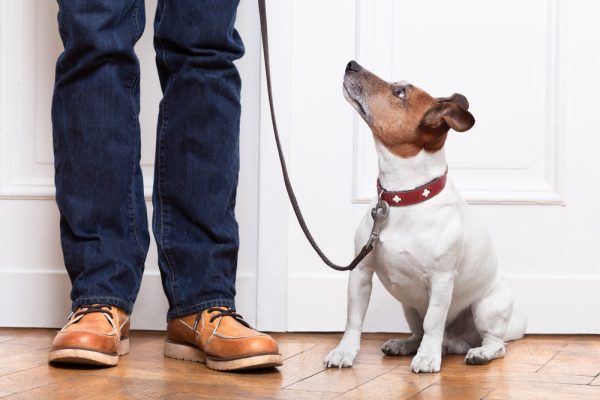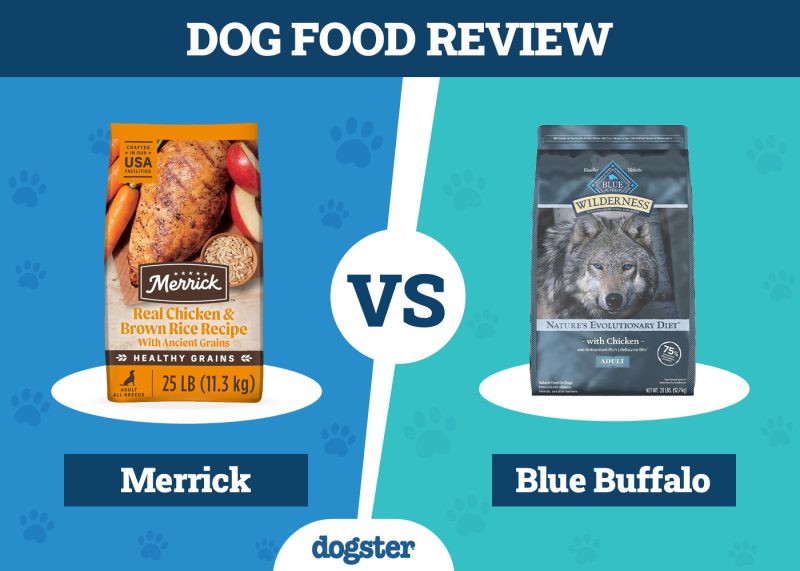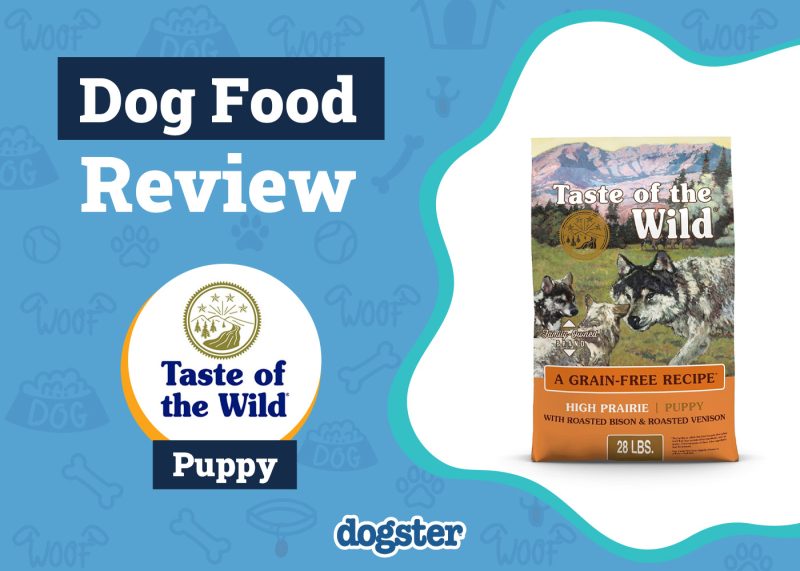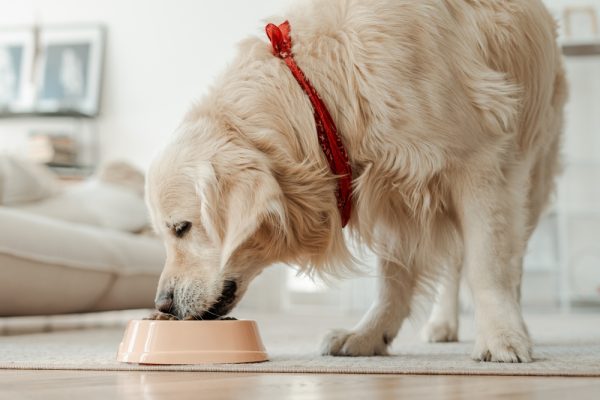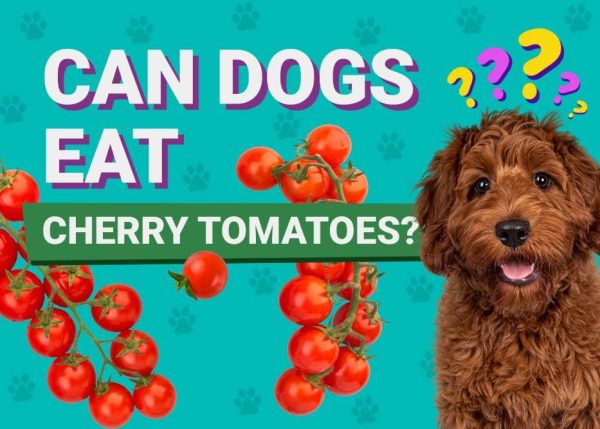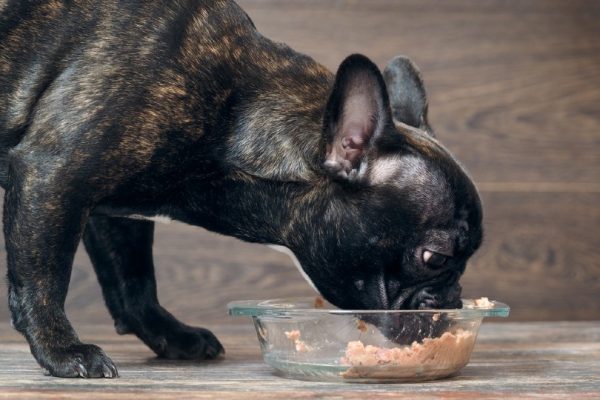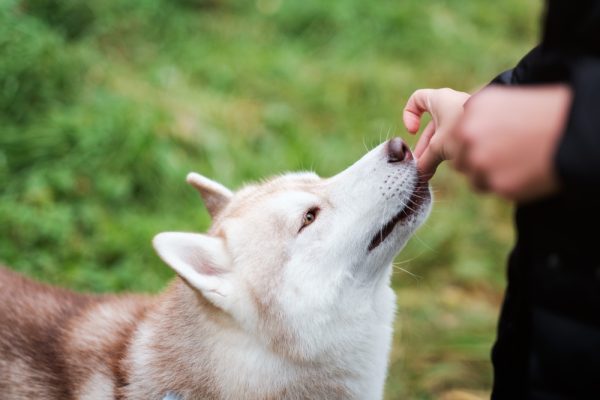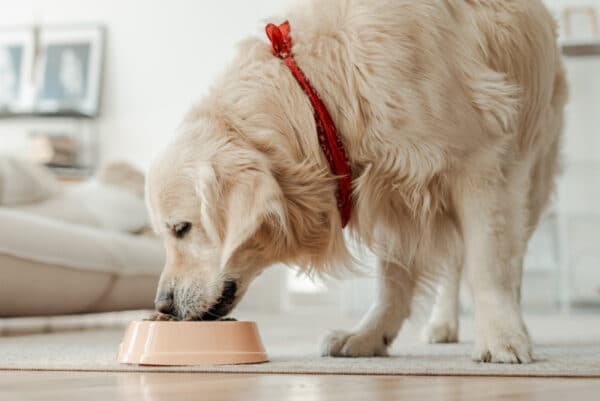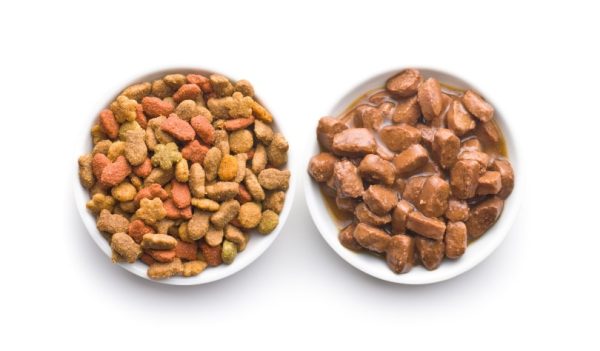Watermelon is synonymous with summer. People certainly love it, with the per capita consumption in 2022 at 14.12 pounds.1 It’s an ancient fruit, with archaeological evidence going back 5,000 years. Its name describes its outstanding feature of being thirst-quenching. While the pulp is delicious, there’s a lot of waste. However, early Americans figured out what to do with the rind. Pickle it!
The other question, however, is the seeds. Many people find them a nuisance. It’s no wonder that seedless varieties have existed for roughly 50 years. The question remains: Are watermelon seeds safe to eat? Can your dog consume them? While swallowing one or two probably won’t cause a serious problem, we don’t recommend giving them to your pet or eating them yourself. The facts may surprise you.

The Dangers of Feeding Watermelon Seeds to Dogs
Scientists didn’t develop seedless watermelons through genetic modification. It’s simply cross-breeding plants with desirable characteristics, a practice nearly as old as agriculture. While many consume various nuts without harm, fruit seeds are sometimes problematic. For example, peaches and apricot pits contain a chemical that converts to hydrogen cyanide when metabolized. Yes, you read that right.
Watermelon belongs to the Cucurbitaceae or gourd family. It includes familiar and safe foods like melons, zucchini, and squash. Many contain relatively large seeds. That has prompted some researchers to consider their viability as food. After all, manufacturers roast and sell pumpkin seeds. Why not watermelon seeds? We don’t recommend any seeds for your dog, though, and that includes watermelon seeds.

Obstruction Risk
The size of watermelon seeds is an issue. They are large and hard, making them difficult for a dog to chew. They are often swallowed whole, which can theoretically present a risk of gastrointestinal obstruction. Your pet’s body won’t digest them properly. Instead, they will likely pass them whole. Eating too many can cause a blockage, which is a medical emergency.
- Loss of appetite
- Vomiting
- GI distress
- Lethargy
- Abdominal pain
- Bloating
Immediate medical attention is imperative. Surgery is often necessary to remove GI blockages. It’s certainly not worth the risk of giving your dog a handful of watermelon seeds. Remember that many dogs are indiscriminate eaters. They often gobble their food without much chewing, putting them at risk. The best prevention is not giving your pet any foods that could cause a blockage.
If your dog is showing any of these signs, we recommend speaking with a vet.
If you need to speak with a vet but can't get to one, head over to PangoVet. It's our online service where you can talk to a vet online and get the advice you need for your dog — all at an affordable price!
Nutritional Issues
Seeds and nuts are tasty, but they’re often calorie-dense. They have to support the growth of a new plant. Therefore, they naturally are jam-packed with nutrients, including fat. A 1-ounce serving of watermelon seeds contains 158 calories. That’s over half the recommended total daily caloric intake for a 10-pound dog. It also contains 13.4 grams of fat. That’s almost all of the minimum amount for an adult dog.
Feeding your pet high-calorie food increases the animal’s risk of obesity and its associated health complications, such as diabetes and heart disease. Treats count when it comes to the calories your pet consumes. They should only make up 10% of your pet’s total caloric intake. These seeds may also be difficult for your dog to digest, despite the animal’s dietary adaptations with domestication.

Possible Toxicity
Our research found one study that raises another red flag about watermelon seeds. Even research supporting the use of these foodstuffs expressed concerns over the presence of the so-called anti-nutrients. They are chemical compounds that may interfere with nutrient absorption. The problem with watermelon seeds involves phytoestrogens.
The concern rests with their possible role as endocrine disruptors. These chemicals may have some health benefits, but they may also carry health risks that could potentially outweigh the pros in their favor. To be upfront, the study we found involved rats and not dogs. However, we share 82% of our genes with dogs and 69% with rats, making genetic overlap possible.
The researchers fed rats for 21 days on a diet of either 2.5% or 5% watermelon seeds. They monitored the rodents for various physical and blood chemistry factors. The seeds didn’t significantly affect the animals’ cholesterol or cholesterol levels. The consumption correlated with spikes in creatinine and urea levels, suggesting possible adverse effects on the kidneys in male and female rats.
The team also noted abnormalities in the male rats’ sperm, indicating potential adverse impacts on their reproductive system. These findings provide evidence of the negative effects of phytoestrogens, particularly on male rats. Of course, further investigation is necessary. However, it’s worth noting the relatively short time in which these effects occurred.

Conclusion
Humans don’t usually eat watermelon seeds. Perhaps the reason is now apparent in something other than aesthetics. Research is ongoing. However, given the risk of gastrointestinal blockages and the findings of the study we mentioned, we don’t recommend giving your dog watermelon seeds.
The effects may not cross species lines, but they are disconcerting enough to advise against this addition to your pup’s diet.
- See Also: Are Watermelons Good for Dogs?
Featured Image Credit: Petrucy, Pixabay
